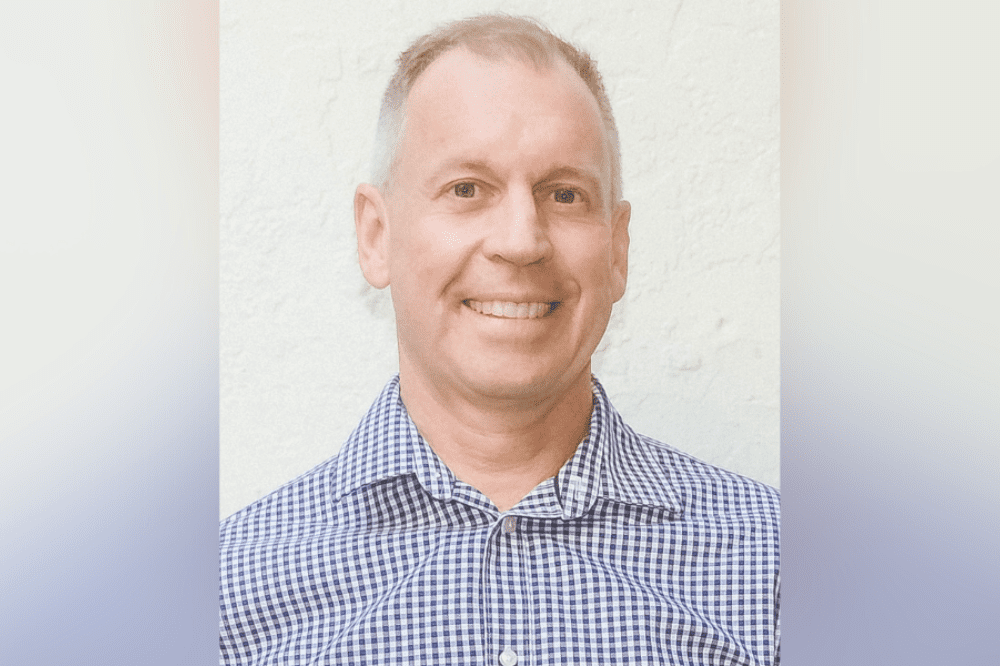How can brokers make more money?

Nicholls said that’s what Clover’s system offers. On its website, the firm describes itself as “a technology-led startup insurance underwriting agency determined to simplify the placement of insurance for brokers and their customers.”
How brokers can get that “chunk of change’’
Some industry stakeholders say that personal lines home and motor insurance are so dominated by insurers’ directly sold offerings that they’re generally not lucrative for brokers. However, Nicholls wouldn’t agree.
He said a healthy chunk of this market still goes through brokers, possibly several billion dollars-worth, annually in Australia.
“So you’re talking about a good chunk of change there,” said Nicholls. “I’d be really happy with 10% market share!” he said with a laugh.
Partly to take advantage of that “chunk of change,” Nicholls claims to have driven early and significant improvements in this sector. He said his “first to market” broker innovations include developing online systems that would prepopulate customer data.
Saving time by populating data
For example, when a customer inputs their car registration number, the system would look up their car, or, for home insurance, when a customer inputs their street address, the system looks up the details of the house.
One focus of Clover, he said, is taking those ideas to commercial lines.
“So when brokers do a quote with us in commercial lines, you put the ABN in and we’ll populate the details of the company, like the name, the turnover, number of employees and street address, all that sort of stuff, for the bus pack [business insurance package],” said Nicholls.
Fast underwriting decisions
He said that should save brokers considerable time. The second broker-oriented initiative involves programming all underwriting decisions into the Clover system.
Nicholls said brokers often face delays from having about half of their business packs referred back to the insurers.
“They’ll take two plus weeks to get back to you with a ‘yes’ or a ‘no’ – often a ‘no’ as I say to brokers,” he said to IB with a laugh.
In a recent interview with IB, independent broker Laura Meyer said turnaround times was her current issue with both the agencies and insurers.
“The large majority of the agencies out there are taking a long time to come back,” said the director of Meyerinsure in Creswick, Victoria. “I’m having to let clients know that it could take up to a week to two weeks, depending on the risk, to return terms in some cases.”
Nicholls said Clover’s system “gets a decision to you straightaway including flood and on all the relevant risks for bus pack.”
“You don’t have to wait for a couple of weeks for a quiet day,” he said. “Those are the two big timesavers we’re pushing out at the moment.”
In terms of the wider industry challenges, Nicholls said climate change “is obviously a big one.”
However, the more immediate challenge for insurance companies, he said, is inflation.
“For the next couple of years inflation is a big issue for insurance because if your claim costs are going up, like building costs, labour and all that sort of stuff – which is probably going up at 20% per annum at the moment – how do you manage that in terms of insurance premiums not going up 20% per annum for household insurance?” he said. “That’s really difficult.”
When IB mentioned the challenge of regulations, Nicholls agreed and said the industry is overregulated.
“The cost of it to the consumer is massive,” he said. “It’s probably not exaggerating to say that about 10% of insurance premiums goes to regulation.”
He estimated the amount of money that could be saved by having less regulation to be in the region of $5 billion a year. Nicholls suggested using that money to help pay claims when insurers go broke.
The tax on insurance, he said, is another challenge and a cost to the consumer that unfairly targets poorer Australians.
“Generally poorer people end up in the worst areas and have the higher premiums,” he said. “So the insurance taxes are massively regressive, not progressive, which is what a lot of governments try and be, where you tax the rich, not the poor.”
A thumbnail sketch of Nicholls’ 35-year career includes founding the underwriting agency Blue Zebra. According to Nicholls’ LinkedIn profile he also started insurance operations for Berkshire Hathaway in Australia, namely the BH reinsurance, speciality and personal lines divisions.
Nicholls also spent two decades with QBE including, he said, 10 years in the group executive.
If you’re a broker, what’s your biggest challenge at the moment? Please tell us below.





